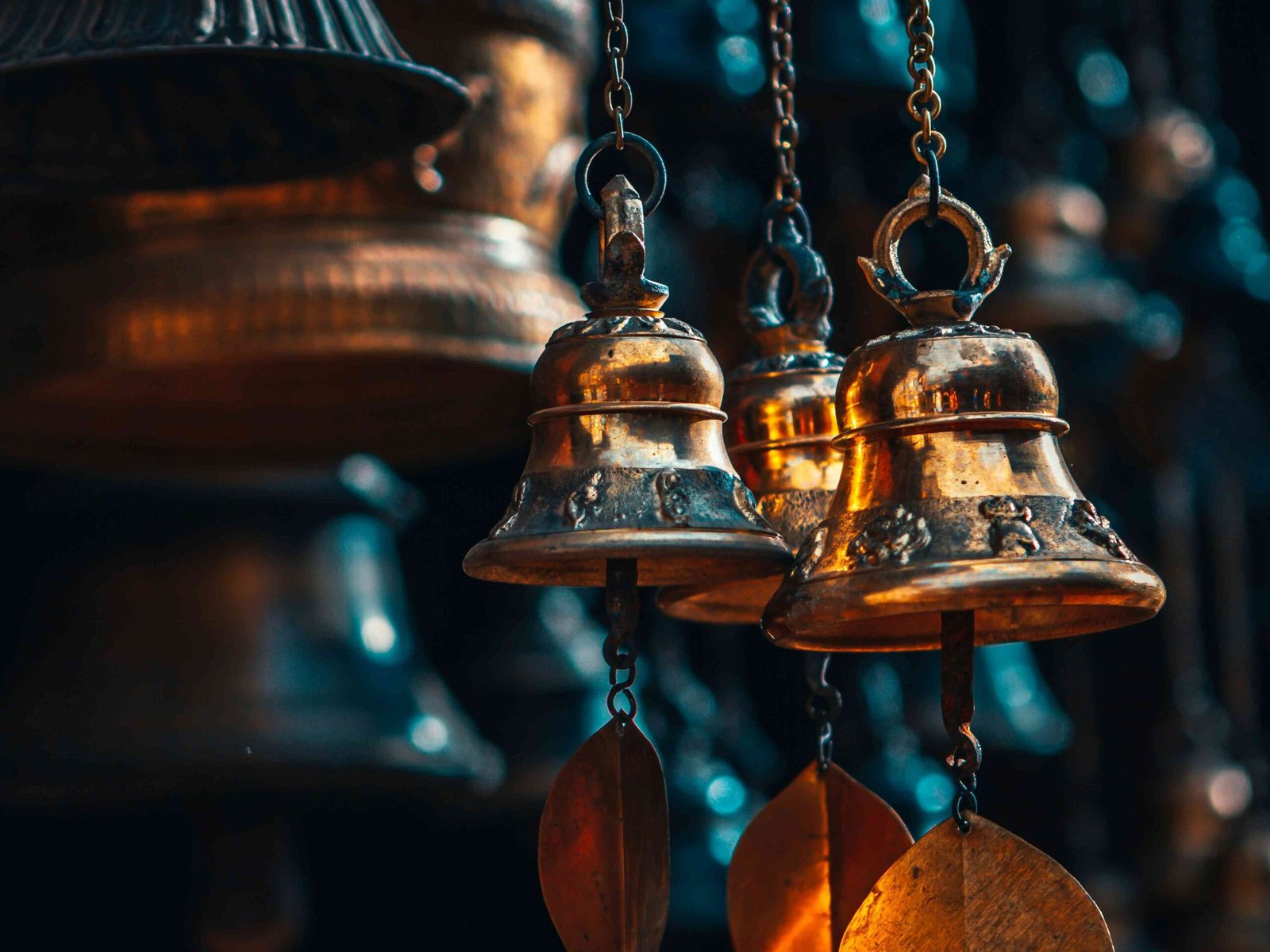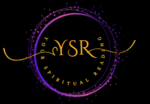What are mantras ?

Sacred sounds, words, or phrases known as mantras are repeated silently or vocally during spiritual exercises like meditation or prayer. In Buddhism, Hinduism, and other spiritual traditions, they have a major role. Sanskrit is where the word “mantra” originates; “man” denotes mind and “tra” signifies instrument or tool. As a result, a mantra is basically a mental instrument that helps one focus and direct their attention.
Mantras play a profound role in spiritual development, offering practitioners a powerful tool for inner transformation, spiritual growth, and connection with the divine. Through dedicated practice and reverence, mantras can lead individuals on a path of self-discovery, enlightenment, and inner peace.
What is the significance of mantras in spirituality ?
Focus & Concentration: During meditation, mantras serve as a focal point, assisting you in focusing your thoughts and reducing outside distractions. This facilitates your spiritual exploration and a deeper dive into your consciousness.
Vibration and Resonance: It is thought that every mantra carries a certain vibration that relates to particular energy or gods. Mantras have spiritual power when you chant or recite them because they connect your energy with the mantra’s vibrational frequency.
Spiritual Connection: Mantras are taken from old scriptures and are thought to be heavenly. Chanting them can help you establish a connection with the universal energy source, divine entities, or higher realms of awareness.
Transformation and Healing: A number of mantras are linked to particular goals or attributes, such as abundance, healing, compassion, or tranquility. Repeating these mantras on a regular basis might improve your inner condition and result in favorable life changes.
Protection and Purification: Mantras are believed to have both protecting and purifying properties. Chanting them can protect you against harmful influences or energies and purge your mind of unfavorable ideas and feelings.
Cultural and Spiritual Heritage: Mantras play a crucial role in our cultural and spiritual heritage. Ancient wisdom and spiritual practices are preserved through their transmission through sacred writings, scriptures, and oral traditions.
Here are the most popular mantras that can takes you step closer towards spirituality

Gayatri Mantra
“ॐ भूर्भुवः स्वः। तत्सवितुर्वरेण्यं। भर्गो देवस्य धीमहि। धियो यो नः प्रचोदयात्॥”
(Om Bhur Bhuvah Svah Tat Savitur Varenyam Bhargo Devasya Dhimahi Dhiyo Yo Nah Prachodayat)
Meaning:
We meditate upon the divine light of the sun, the source of all life and wisdom. May that divine light illuminate our intellect and guide us towards righteousness.

Om Asato Ma Sadgamaya
“ॐ असतो मा सद्गमय। तमसो मा ज्योतिर्गमय। मृत्योर्मामृतं गमय॥”
(Om Asato Ma Sadgamaya Tamaso Ma Jyotirgamaya Mrityorma Amritam Gamaya)
Meaning:
Lead me from the unreal to the real, from darkness to light, from mortality to immortality. This mantra is a prayer for spiritual enlightenment and liberation.

Hare Krishna Maha Mantra
“हरे कृष्ण हरे कृष्ण, कृष्ण कृष्ण हरे हरे। हरे रामा हरे रामा, रामा रामा हरे हरे॥”
(Hare Krishna Hare Krishna, Krishna Krishna Hare Hare Hare Rama Hare Rama, Rama Rama Hare Hare)
Meaning:
This mantra is a call to the divine for spiritual awakening and liberation. It invokes the energies of Lord Krishna and Lord Rama for divine grace and protection.

Mahamrityunjaya Mantra
“ॐ त्र्यम्बकं यजामहे सुगन्धिं पुष्टिवर्धनम्। उर्वारुकमिव बन्धनान् मृत्योर्मुक्षीय माऽमृतात्॥”
(Om Tryambakam Yajamahe, Sugandhim Pushti-Vardhanam, Urvarukamiva Bandhanan, Mrityor Mukshiya Mamritat)
Meaning:
This mantra is chanted for protection, health, and liberation from the cycle of birth and death. It is believed to invoke the divine healing energy of Lord Shiva and grant spiritual well-being.

Shanti Mantra
“ॐ सह नाववतु। सह नौ भुनक्तु। सह वीर्यं करवावहै। तेजस्वि नावधीतमस्तु मा विद्विषावहै। ॐ शान्तिः शान्तिः शान्तिः॥”
(Om Sahna Vavatu, Sahna Bhunaktu, Sah Viryam Karavavahai, Tejasvi Navadhitamastu Ma Vidvishavahai, Om Shantih Shantih Shantih)
Meaning:
May we be protected together. May we be nourished together. May we work together with great energy. May our study be enlightening. May there be no hatred among us.

Hanuman Gayatri Mantra
“ॐ आञ्जनेयाय विद्महे वायुपुत्राय धीमहि। तन्नो हनुमत् प्रचोदयात्॥”
(Om Anjaneyaya Vidmahe Vayuputraya Dhimahi Tanno Hanumat Prachodayat)
Meaning:
Chanting this mantra with devotion and reverence is said to bestow the blessings of Hanuman and help overcome obstacles, attain success, and cultivate spiritual growth.

Om Namah Shivaya
“ॐ नमः शिवाय”
(Om Namah Shivaya)
Meaning:
I bow to Lord Shiva, the embodiment of pure consciousness and auspiciousness. This mantra is associated with liberation and spiritual transformation.

Om Shanti Shanti Shanti
“ॐ शान्तिः शान्तिः शान्तिः”
(Om Shanti Shanti Shanti)
Meaning:
This mantra is a prayer for peace at the individual, cosmic, and divine levels. It is often chanted at the beginning or end of spiritual practices to invoke peace within and without.

Om Mani Padme Hum
“ॐ मणिपद्मे हूँ”
(Om Mani Padme Hum)
Meaning:
This mantra is associated with compassion and is often chanted to invoke the blessings of Avalokiteshvara, the bodhisattv
a of compassion.
Imagine or visualize, such as calming nature scenes or sacred symbols. These visuals can enhance the meditation experience and deepen the sense of relaxation
Best time to perform Spiritual Mantras
In Hinduism, the best time to perform mantras is during the early hours of the morning, known as Brahma Muhurta, which is approximately 1.5 hours before sunrise. This time is considered auspicious for spiritual practices as the atmosphere is calm, and the mind is naturally more receptive.
To perform mantras, follow these steps:
Before you begin chanting, set your intentions for your mantra practice. Focus on what you hope to achieve or the qualities you wish to cultivate.
Select a mantra that resonates with you or one that is appropriate for your intentions. It could be a traditional Sanskrit mantra or a simple affirmation in your native language.
Sit in a comfortable posture, either cross-legged on the floor or in a chair with your spine straight and shoulders relaxed. Close your eyes and take a few deep breaths to center yourself.
Begin chanting your chosen mantra, either silently or aloud. Repeat it with sincerity, focus, and devotion. You can use a mala (prayer beads) to keep track of the repetitions if you wish.
As you chant, focus your attention on the sound and vibration of the mantra. Let go of any distracting thoughts and immerse yourself fully in the practice.
Continue chanting the mantra for a predetermined number of repetitions or for a specific duration of time. Allow yourself to experience the transformative power of the mantra as you chant.
After completing your mantra practice, take a moment to express gratitude for the experience. Offer thanks to the divine or to your inner self for guiding you on your spiritual journey.
Use Mantra Finder Tool
Our Mantra Finder tool is a unique tool designed to help you discover personalized mantras tailored to your chosen word or intention. Whether you seek positivity, inspiration, or inner peace, simply input your desired word, and our tool will craft a beautiful mantra for you. Powered by ancient Sanskrit mantras. Each generated mantra carries a profound sense of meaning and resonance. Use these mantras in your meditation practice, daily affirmations, or whenever you need a boost of positivity and motivation. Embrace the power of words and let our Mantra Generator guide you on your journey to self-discovery and mindfulness.
Answer:
Top 10 Mantras of peaceful Life
Live in the present moment
Embrace change and growth
Practice gratitude and kindness
Follow your passions and dreams
Be genuine and true to yourself
Choose positivity and optimism
Find joy in the simple things
Seek balance and harmony in life
Believe in yourself and your abilities
Make a difference in the lives of others
In conclusion: Mantras are like magical spells that help us grow inside and find out more about ourselves. When we use mantras every day, they help us feel calm, clear, and peaceful. It doesn’t matter if we’re chanting ancient Sanskrit words or simple phrases in our own language – both can make a big difference. As we chant, we’re not just saying words; we’re reaching out to something bigger than us, something that’s part of everything. Each time we repeat a mantra, we’re learning more about who we are and how we fit into the world. So let’s keep using mantras with all our hearts and minds. They have the power to bring us closer to our true selves and make us feel truly happy and fulfilled.
